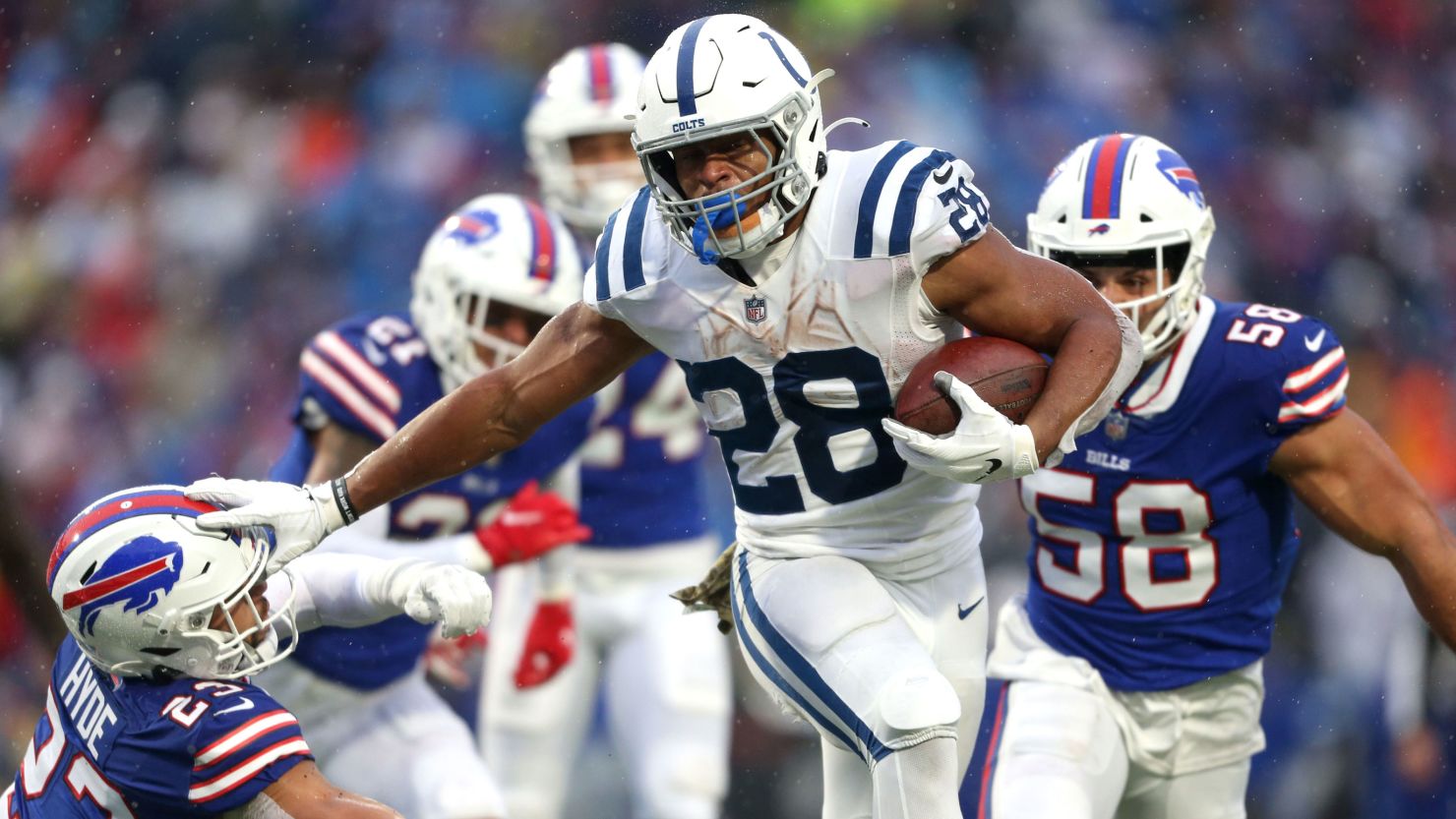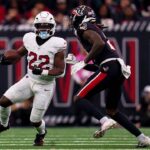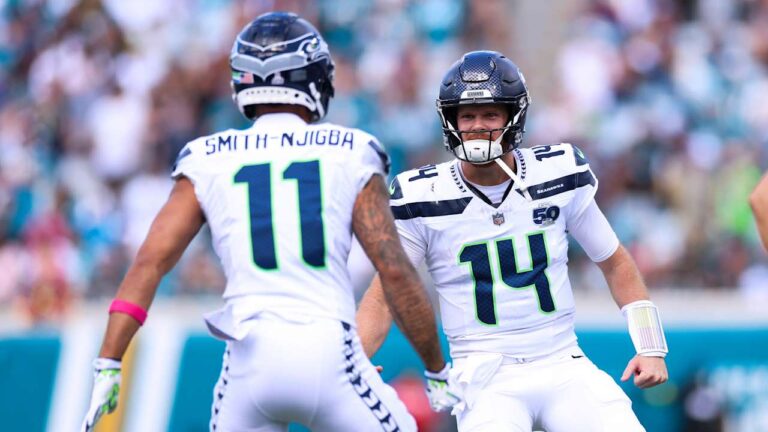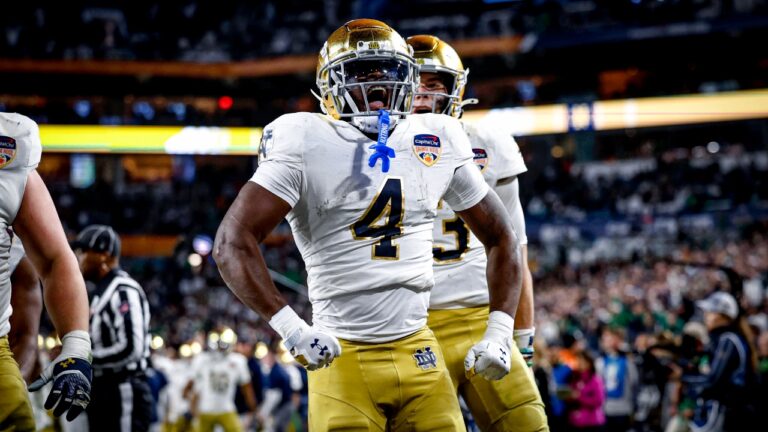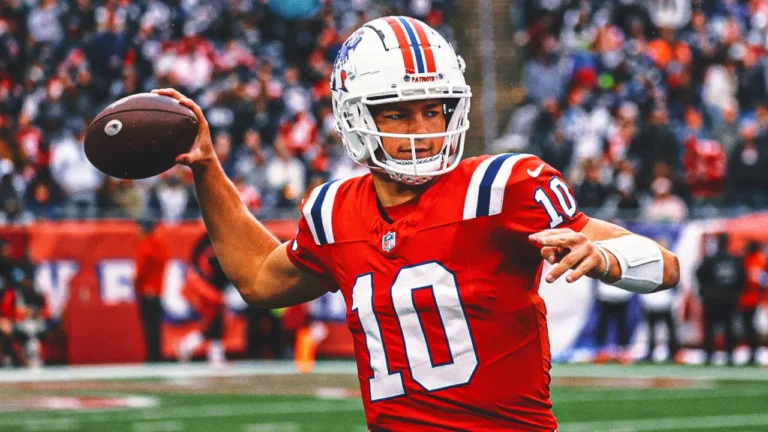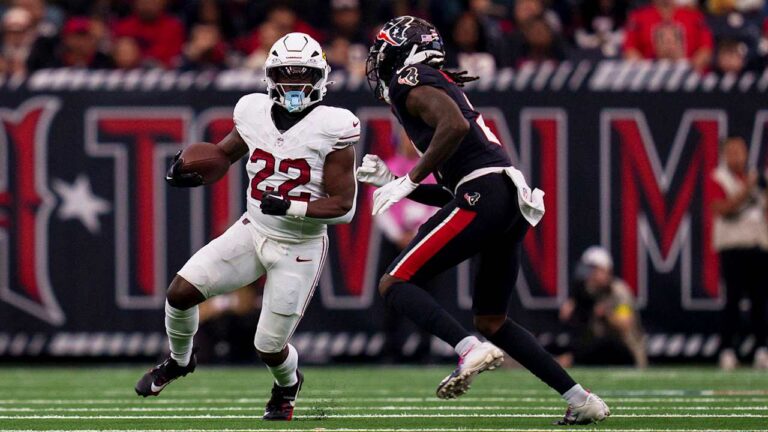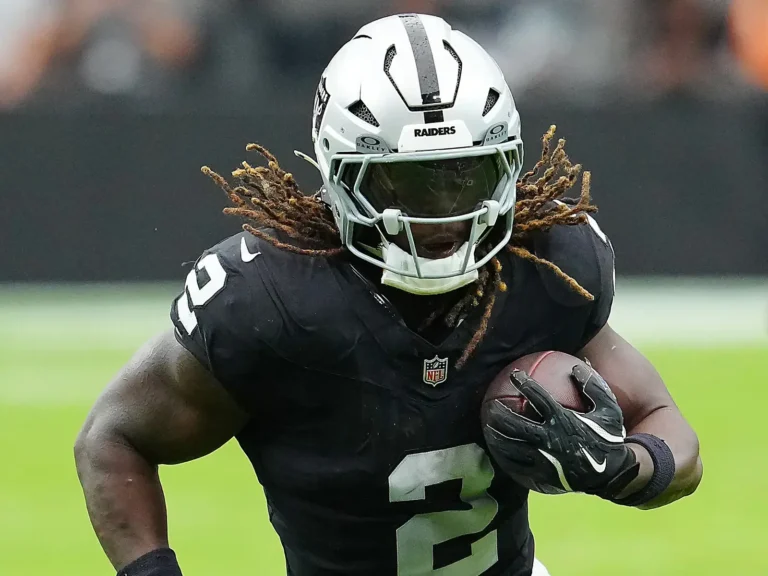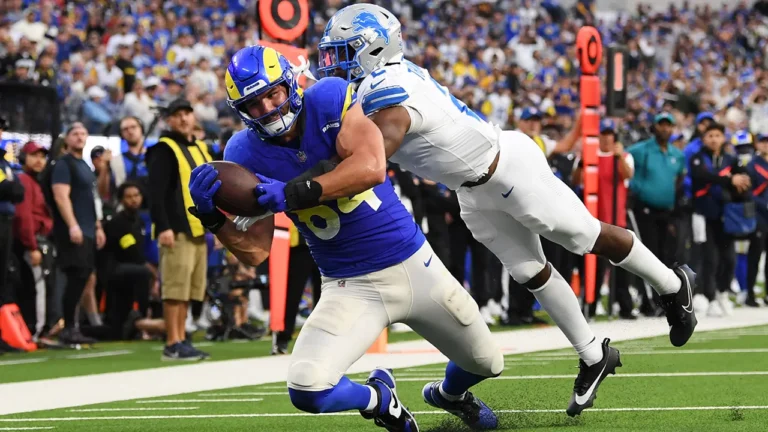Predicting the outcome of NFL games, fantasy football performances, or even NFL gambling bets involves much more than just analyzing statistics. It taps into psychology, which includes understanding behavior, emotions, and biases. These psychological factors can significantly influence our decisions in sports predictions, sometimes leading to overconfidence, misjudgments, or incorrect forecasts. For instance, gamblers and fantasy managers often rely on intuition or gut feelings, which might not always align with data or reality.
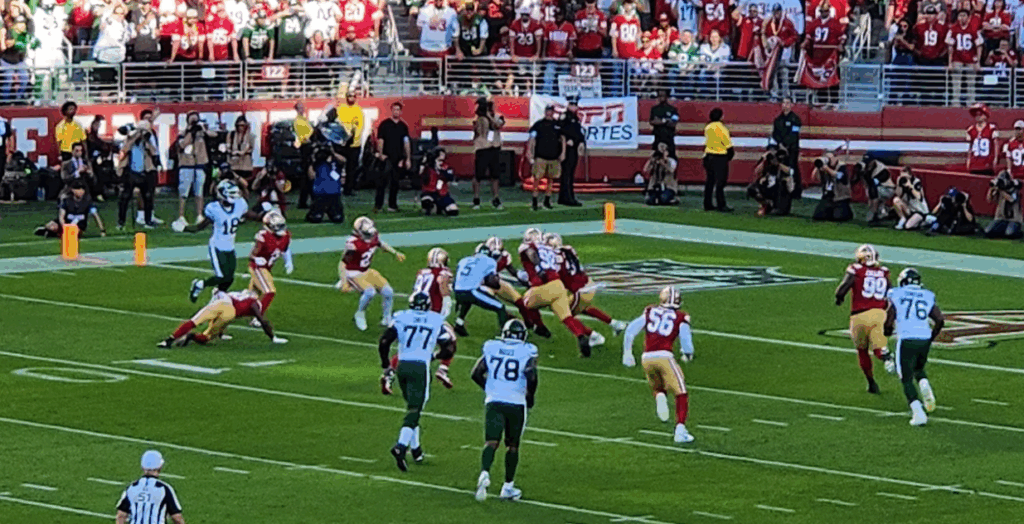
ALT: Photo of an NFL game in action, with players in red and green uniforms on the field
This article takes a deep dive into the psychology behind NFL predictions, highlighting how our mindset affects sports betting and fantasy football outcomes. By considering emotional responses, cognitive biases, and decision-making processes, we’ll gain a better understanding of how human behavior shapes predictions. With insights from platforms like Betpack, we’ll explore how these factors influence NFL gambling and fantasy leagues, offering practical ways to improve our forecasting and decision-making skills.
The Impact of Cognitive Bias on Sports Predictions
Cognitive bias plays a significant role in how we predict outcomes in NFL games, fantasy football leagues, and betting scenarios. One of the most common biases in sports predictions is the confirmation bias, where people tend to focus on information that confirms their preexisting beliefs. For example, a fan may heavily weigh a quarterback’s previous performances, ignoring a pattern of injuries or changes in the team’s dynamics. This bias can lead to overly optimistic predictions that may not align with statistical data or current team conditions.
Another common bias in sports predictions is the anchoring effect, where individuals rely too heavily on the first piece of information they encounter when making decisions. In the context of NFL gambling, this may manifest when bettors latch onto the opening lines or the team’s record from the previous season. The opening odds or early projections may not always be a true reflection of a team’s current form, but bettors often stick to those initial impressions when making wagers.
Betpack and similar platforms help mitigate these biases by offering objective comparisons and comprehensive analyses of the teams, players, and betting odds, empowering users to make more informed decisions by considering all available data.
Fantasy Football Psychology: Why We Draft Based on Emotion
Fantasy football is a prime example of how emotion and personal attachment can influence our decisions. Many fantasy football owners get attached to players from their favorite team or players who they have had success with in the past, often leading to emotional decisions in the draft. While loyalty to your favorite team or player might feel good, it doesn’t necessarily align with making strategic choices for your fantasy league.
Studies show that loss aversion, the psychological principle that people fear losing more than gaining, often drives fantasy football decisions. Fantasy owners might hold onto underperforming players because they don’t want to face the psychological discomfort of admitting that their initial picks were wrong. This reluctance to make changes can hurt their chances of winning, as it prevents them from replacing underperforming players with potential breakout stars.
Betpack and other resources help fantasy football managers by providing real-time performance data and recommendations, which support decision-making grounded in statistics rather than emotions.
The Role of Overconfidence in NFL Gambling
Overconfidence is a powerful psychological factor in NFL gambling. Gamblers who believe they have insider knowledge or a “gut feeling” about a team may ignore important factors like injury reports, recent team performance, or the odds. This overconfidence can lead to risky betting behaviors, such as betting on long shots or placing large wagers without fully understanding the potential risks.
Interestingly, overconfidence is not limited to casual bettors. Even seasoned gamblers sometimes fall prey to this bias, which can cloud their judgment and make them less receptive to new information. Overconfident bettors are more likely to chase losses, placing additional bets to recover money, which can spiral into a dangerous cycle of increased risk and eventual losses.
To counteract overconfidence, Betpack offers a wealth of resources and comparisons that guide users in making logical, well-informed betting decisions, taking into account all relevant statistics and up-to-date information on teams, players, and odds.
The Importance of Emotional Regulation in Fantasy Football and Betting
Another psychological factor that heavily influences NFL gambling and fantasy football outcomes is emotional regulation. Sports betting and fantasy leagues can be emotionally intense, especially after a string of wins or losses. Bettors may experience euphoric highs after a win, leading to impulsive bets, or they may spiral into frustration and make decisions out of desperation following a losing streak.
Successful gamblers and fantasy managers know how to regulate these emotions and avoid making decisions driven by fear or excitement. One technique is practicing mindfulness, staying present in the moment, and avoiding the temptation to make decisions based on past results or future anxieties. This is particularly important in NFL betting, where quick, emotionally-driven decisions can lead to missed opportunities or overexposure to risky bets.
Betpack encourages informed, rational decision-making by offering tools that help bettors detach from emotions and base their wagers on solid, real-time data rather than emotional impulses.
The Science of Making Better Predictions in NFL Gambling
One of the most effective ways to improve predictions in NFL gambling and fantasy football is to embrace data-driven decision-making. Sports analytics has grown significantly over the years, providing bettors and fantasy managers with deep insights into player performance, team dynamics, and predictive models. These models take into account a variety of variables, including player statistics, historical performance, weather conditions, and more.
For instance, advanced stats like Expected Points Added (EPA) and Win Probability Added (WPA) can provide a clearer picture of a team’s current and future performance. By focusing on data-backed insights, gamblers and fantasy football managers can improve the accuracy of their predictions and reduce the influence of psychological biases.
Platforms like Betpack help bettors by providing this kind of data-driven analysis, allowing them to make better, more informed decisions based on real statistical evidence. This approach removes much of the guesswork from NFL gambling and fantasy football, making predictions more reliable and objective.
Managing Expectations and Setting Realistic Goals
Managing expectations is key when it comes to NFL predictions, fantasy football, and gambling. Setting unrealistic expectations can lead to frustration and poor decision-making. It’s important to approach NFL gambling with a clear understanding of the risks and rewards involved, and fantasy football managers should focus on steady improvements in their teams rather than aiming for perfection.
By using platforms like Betpack, which offer in-depth analyses and compare different betting strategies, users can set more realistic expectations and manage their betting or fantasy football decisions in a more systematic way, enhancing their long-term success.
The psychology behind sports predictions is complex, but understanding how cognitive biases, emotional regulation, and data-driven analysis impact NFL gambling and fantasy football can lead to more informed decisions. Platforms like Betpack offer valuable insights, helping bettors and fantasy football managers avoid common pitfalls, such as overconfidence or emotional decision-making. By embracing data, managing expectations, and focusing on the mental aspects of sports predictions, fans can greatly improve their chances of success in NFL betting and fantasy leagues. As the NFL season continues, using these psychological insights and resources can make all the difference in achieving consistent, informed success.
